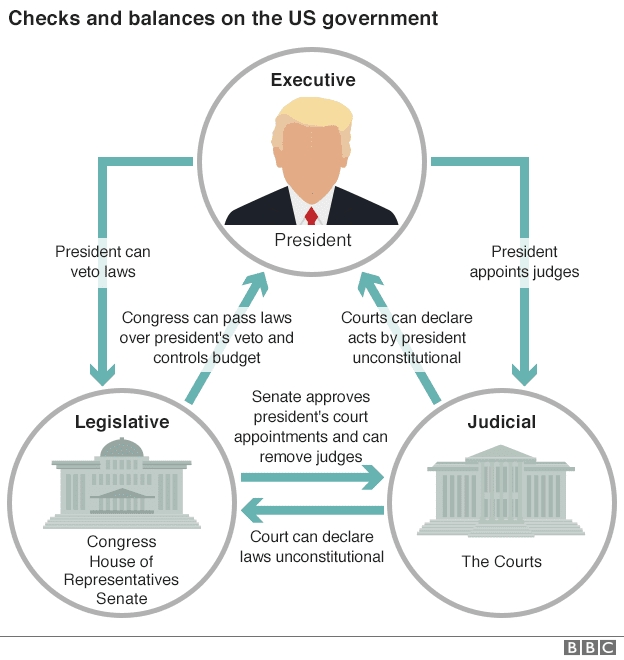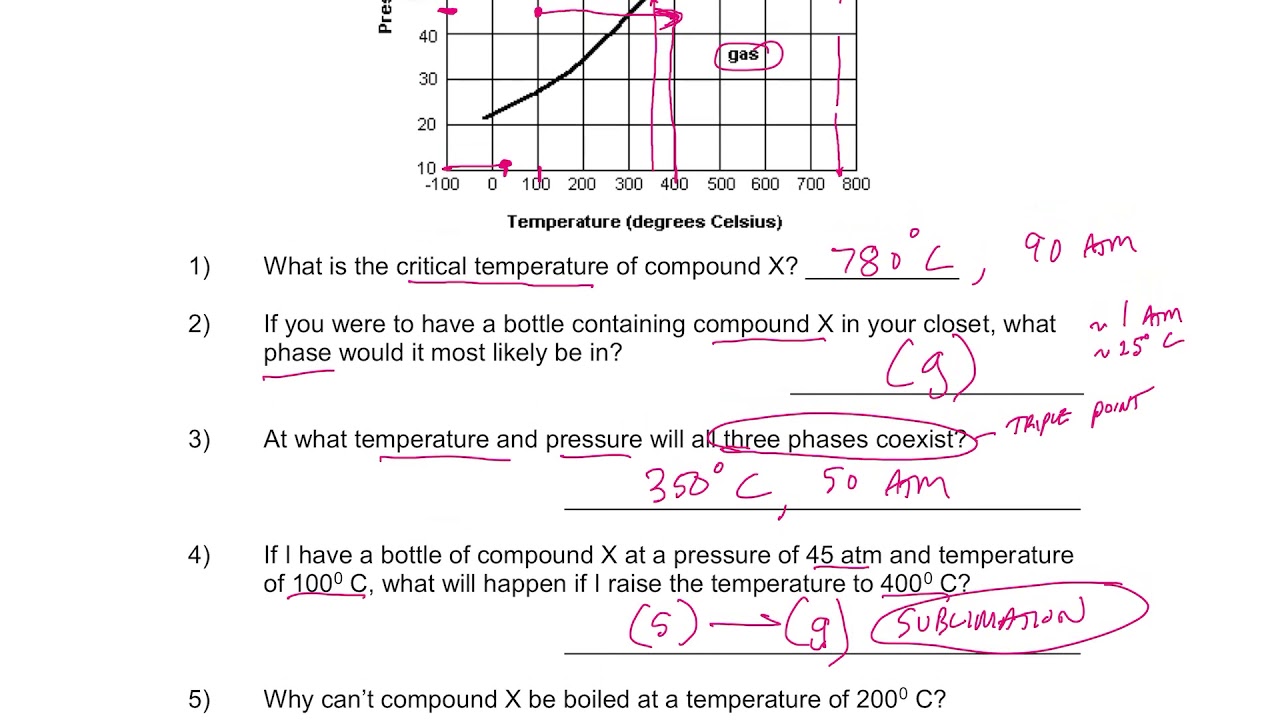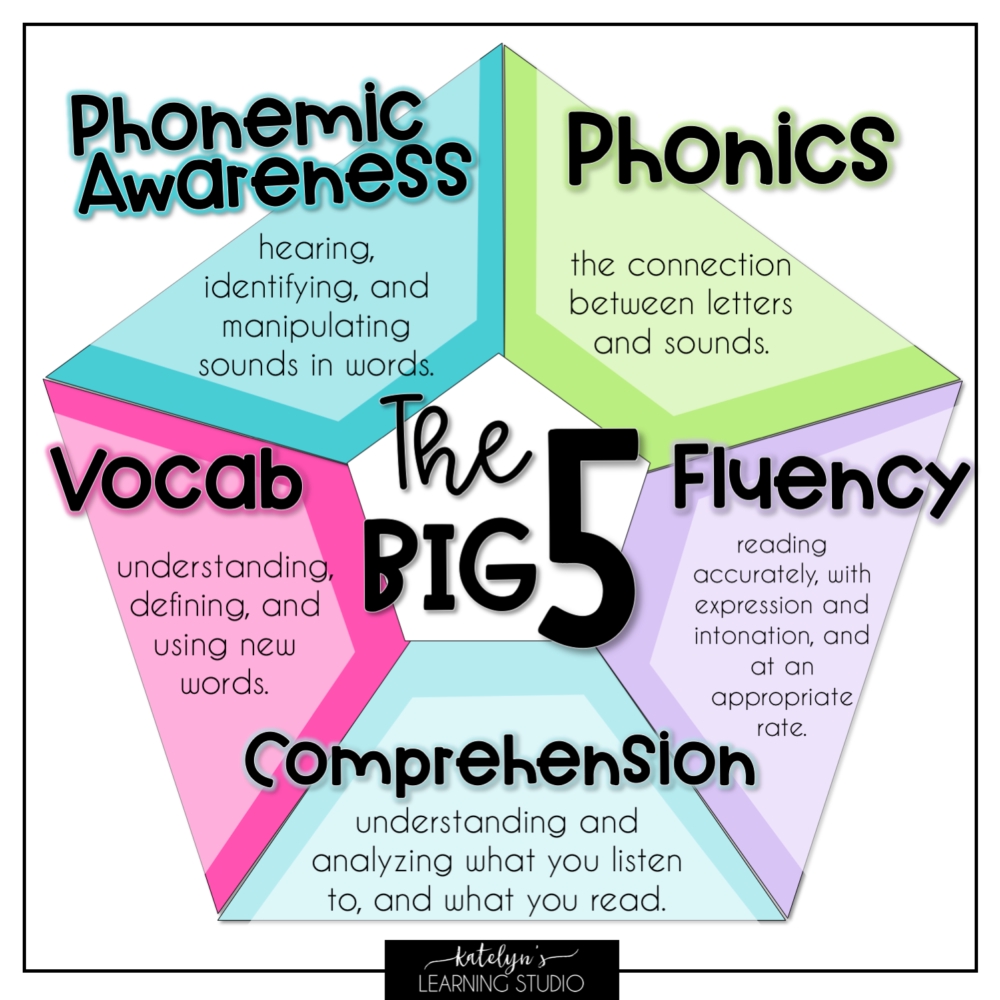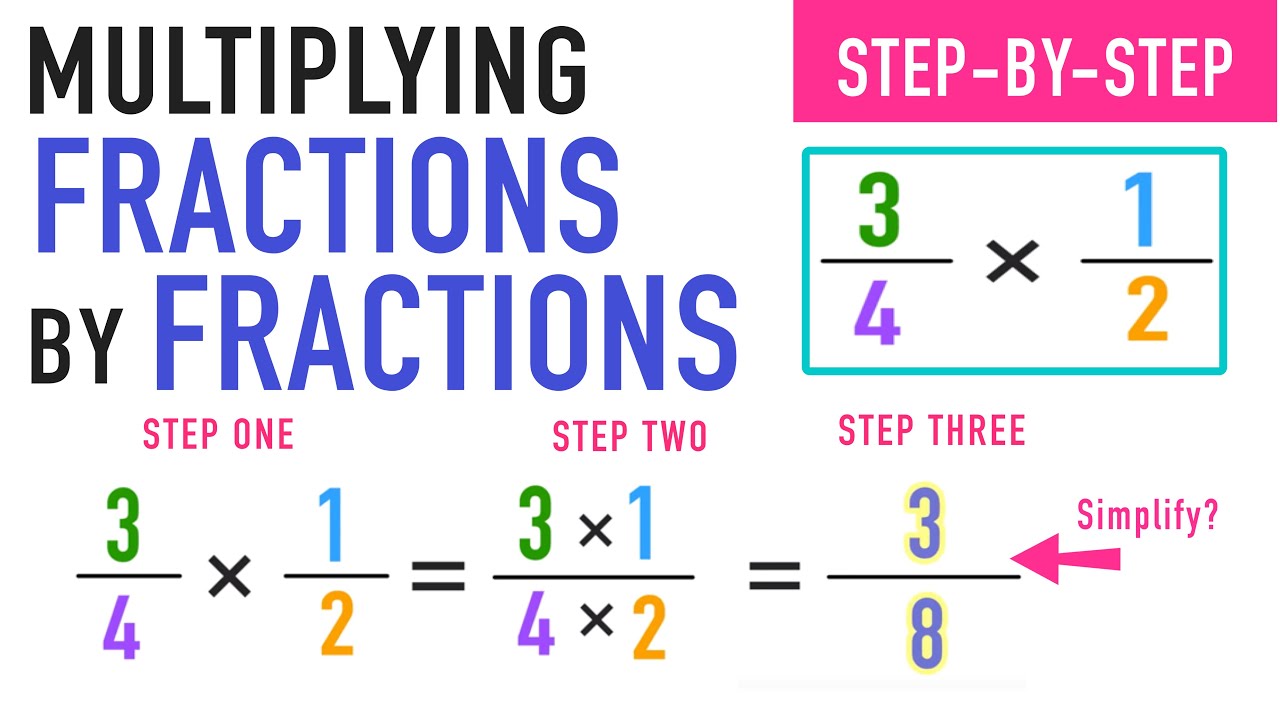Checks and Balances System Explained Simply

Understanding the Checks and Balances System in Governance
The checks and balances system is a fundamental concept in governance that ensures no single branch of government has too much power. This system is designed to prevent any one branch from becoming too powerful and to protect the rights of citizens. In this article, we will explore the basics of the checks and balances system, its importance, and how it works in practice.
What is the Checks and Balances System?
The checks and balances system is a mechanism that allows each branch of government to limit the actions of the other branches. This system is based on the idea of separation of powers, where power is divided among three branches of government: the legislative, executive, and judicial.
- Legislative Branch: The legislative branch, also known as Congress, is responsible for making laws.
- Executive Branch: The executive branch, headed by the President, is responsible for enforcing laws.
- Judicial Branch: The judicial branch, composed of the Supreme Court and lower courts, is responsible for interpreting laws.
How Does the Checks and Balances System Work?
The checks and balances system works by giving each branch of government the power to check the actions of the other branches. Here are some examples:
- Legislative Checks on the Executive: Congress can impeach and remove the President from office, approve or reject presidential appointments, and override presidential vetoes.
- Executive Checks on the Legislative: The President can veto laws passed by Congress, although Congress can override the veto with a two-thirds majority.
- Judicial Checks on the Legislative and Executive: The Supreme Court can declare laws passed by Congress or actions taken by the President as unconstitutional.
📝 Note: The checks and balances system is not limited to these examples, but these are some of the most significant ways in which each branch can check the actions of the other branches.
Importance of the Checks and Balances System
The checks and balances system is essential for preventing any one branch of government from becoming too powerful. This system:
- Protects Individual Rights: By preventing any one branch from abusing its power, the checks and balances system helps to protect the rights of citizens.
- Promotes Accountability: The checks and balances system ensures that each branch of government is accountable to the other branches and to the people.
- Prevents Tyranny: By dividing power among three branches, the checks and balances system prevents any one branch from becoming too powerful and tyrannical.
Challenges to the Checks and Balances System
Despite its importance, the checks and balances system is not without its challenges. Some of the challenges include:
- Executive Overreach: The executive branch may try to abuse its power and ignore the checks and balances system.
- Legislative Gridlock: The legislative branch may be unable to effectively check the executive branch due to partisan gridlock.
- Judicial Activism: The judicial branch may be seen as overstepping its bounds and legislating from the bench.
🚨 Note: These challenges highlight the need for continued vigilance and reform to ensure that the checks and balances system remains effective.
Conclusion
In conclusion, the checks and balances system is a vital component of governance that ensures no single branch of government has too much power. By understanding how this system works and its importance, citizens can better appreciate the need for continued vigilance and reform to protect the rights of individuals and prevent tyranny.
What is the main purpose of the checks and balances system?
+The main purpose of the checks and balances system is to prevent any one branch of government from becoming too powerful and to protect the rights of citizens.
Which branch of government can impeach and remove the President from office?
+Congress can impeach and remove the President from office.
What is the role of the judicial branch in the checks and balances system?
+The judicial branch can declare laws passed by Congress or actions taken by the President as unconstitutional.



